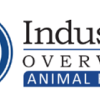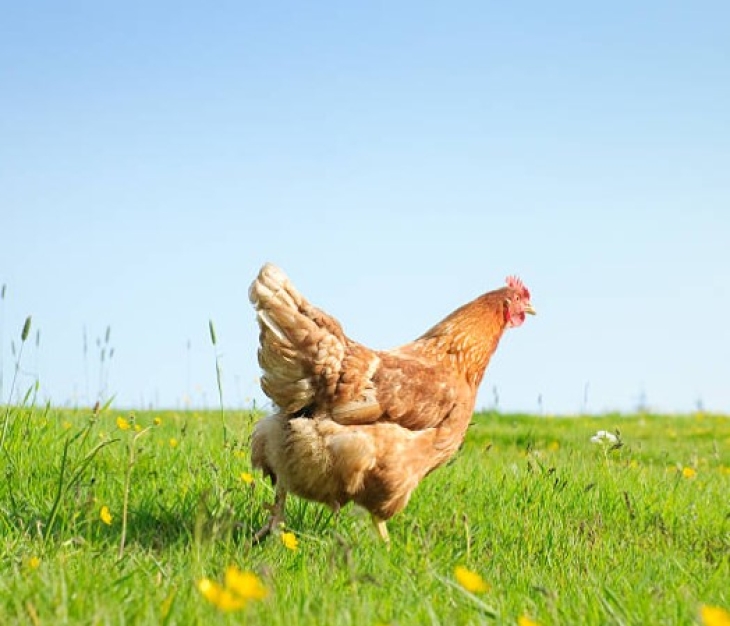Recent Posts
- Building a Robust and Diverse Ecosystem Innovation Ecosystem in the Animal Health Industry
- Cultivating A Champion Culture: Balancing Performance and People in Animal Health
- How Stable are Earnings in Animal Health? Results of the Animal Health Jobs 2025 Salary Survey
- Entry Fees for the Race for Talent: Results of the Animal Health Jobs 2025 Salary Survey
- Looking In The Gift Horse’s Mouth: The Pros and Cons of Counteroffers in Animal Health
Most Popular
-

How Stable are Earnings in Animal Health? Results of the Animal Health Jobs 2025 Salary Survey
-

News to Know from Brakke Consulting’s 2025 Animal Health Industry Overview
-

How Will Artificial Intelligence Change Jobs In Animal Health?
-

Entry Fees for the Race for Talent: Results of the Animal Health Jobs 2025 Salary Survey
-

Fly Away Chickadee: Why Vacations Matter

Everyone working in the animal health industry needs vacations. Just as pilots need breaks from flying, people working in animal health need time out of harness. Vacations are a chance to escape the busy-ness of life and work, and to relax and reflect. Time off helps mental health and job performance, and reminds us that, even in an industry we love, there’s more to life than work. Modeling healthy vacationing is a part of every manager’s responsibility.
How vacations help your career
Stepping away from work and turning your mind to other matters relieves work-related stress and provides an exit ramp from the burnout superhighway. Vacation can improve job performance: leaving work’s constant demands behind for a time provides space for your brain to relax and recharge.
Returning employees are often more inspired and more productive at work. After a break, employees are often more productive. In one study, employees even noted a surge in their creativity in the first few weeks after returning from a break.1 Creative thinking is easier when you’re more relaxed, and vacation helps that happen.
How vacations help your personal life
Taking some time off benefits your mental and physical health, too: Reducing your stress levels can improve your heartrate, sleep patterns, and digestion. Vacation’s more relaxed schedule means fewer unhealthy meals eaten in minutes. It also gives us time for hikes, swimming, or other kinds of physical activity. If your animal health career keeps you on the road, staying home lets you spend more time with friends and family.
Use vacation time to begin or rediscover a hobby, reconnect with people, and build new memories. Give yourself permission to turn off work-related texts and emails and turn towards the rest of your life. You won’t regret it.
How much down time is enough?
Vacation norms vary by country and culture. In the European Union, companies are legally required to provide employees with at least 4 weeks of paid leave, beyond legal holidays. Employees often take two and even three-week vacations. In Mexico, they are required to give 6 days. The US does not mandate minimum vacation allowances, though 10 days is common, especially during the first five years of a job.
Some companies are experimenting with unlimited vacation days, giving employees more control over work-life balance. Unlimited time off builds a culture of trust and treats employees like the adults they are.
Why managers should encourage their teams to take vacation
Leading by example matters: Managers who genuinely turn off during their vacations demonstrate trust and model healthy well-being practices. Vacation is good for the manager’s performance, too.
Employees may be reluctant to take their allotted vacation time, particularly in the United States, because of the pressure to deliver, fear that they may be viewed negatively for doing so, or guilt over asking others to cover for them. As a result, they work themselves to exhaustion. Individual and team performance suffers as employees become tired and disengage, or even burn out completely.
Rest your tired dogs
Detaching from the daily grind relieves work-related stress. It encourages creative thinking and improves health and well-being. After vacation, most of us return with more energy and motivation. Do something good for your career and your personal life: take a real break!
---
Animal Health Jobs is the premier job marketplace in animal health. Top candidates and top animal health companies of all sizes come to us to get connected Post your open animal health job or upload your resume now.
References
Syrek CJ, de Bloom J and Lehr D (2021): Well Recovered and More Creative? A Longitudinal Study on the Relationship Between Vacation and Creativity. Psychol. 12:784844. Doi: 10.3389/fpsyg.2021.784844



Comments